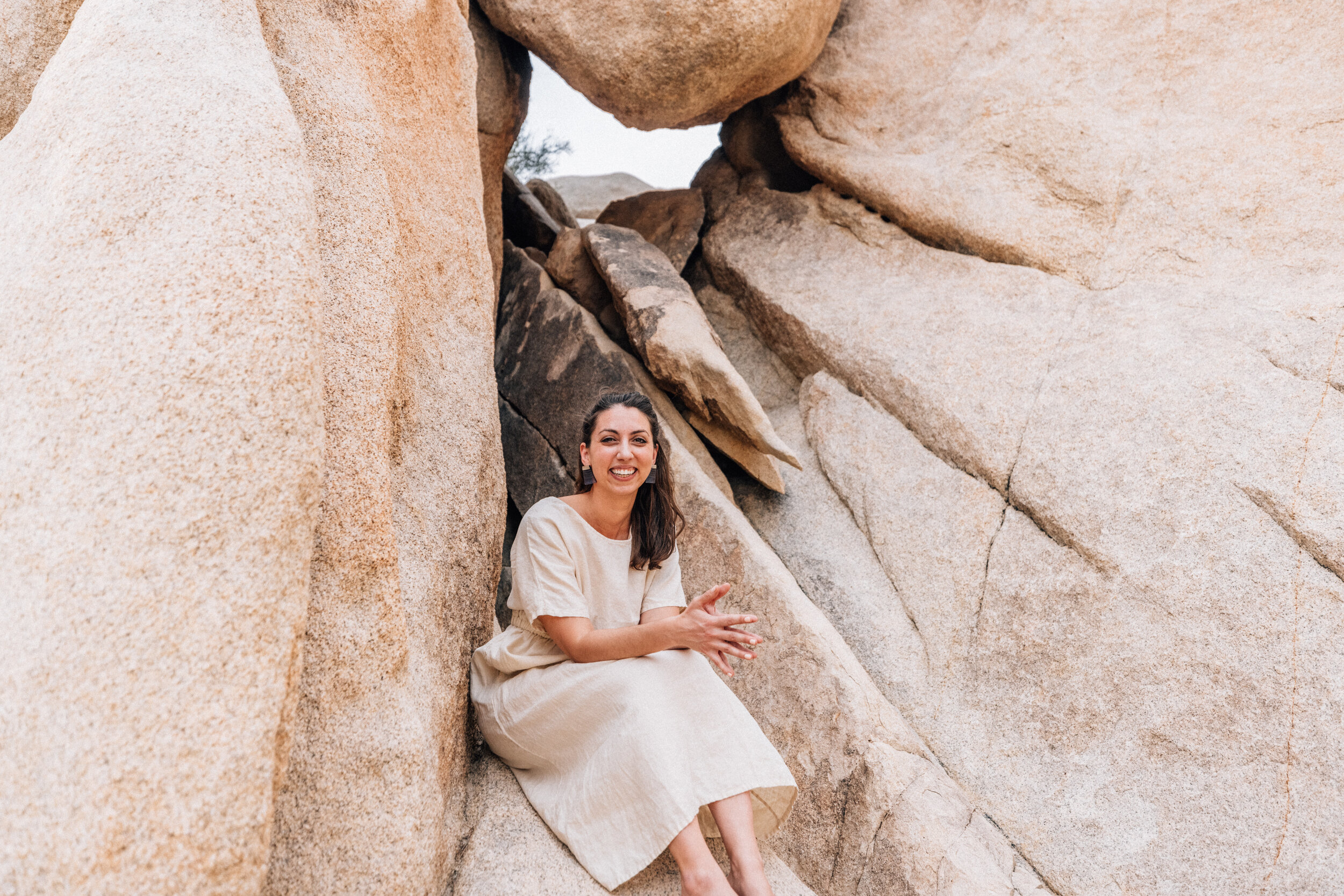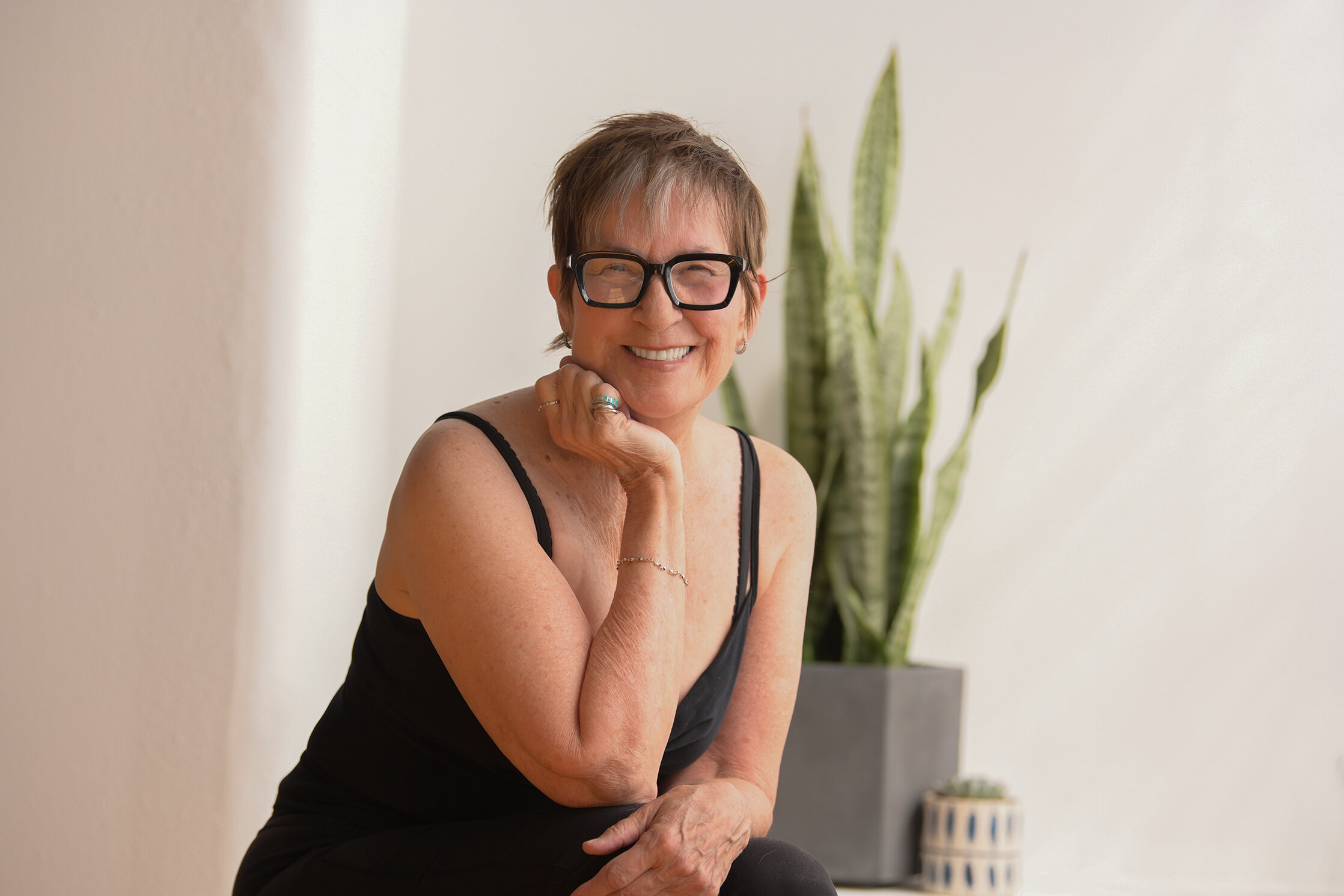Tomorrow marks the 20th anniversary of the attacks that took place on September 11, 2001. I had the privilege of working closely with writer Miriam Jacobson on a personal essay in which she shares her experience of that fateful day and its aftermath. Miriam's father worked on the 110th floor of the World Trade Center and was killed in the attack. You can read the piece here, published by the Huffington Post.
I asked Miriam about her experience writing the essay, something she says has been percolating for a long time, and what it means to see her words finally in print. Scroll down to read our interview.
It's rewarding for me, too! I become deeply invested in the stories shared in the intimate spaces of the workshops and private sessions, and to witness them fly into the world and into the hearts and minds of those who read them, is thrilling. I feel so grateful to be a part of this process!
Miriam Jacobson is a holistic dietitian and the founder of Every Body Bliss, a functional nutrition practice located in Los Angeles. She supports individuals on their healing journey using a combination of nutritional therapy, mindset coaching, and breathwork. It is her mission to create a supportive environment for healing while helping individuals feel empowered, engaged, and joyful about their health. You can follow Miriam on instagram @everybodybliss.
Her personal essay commemorating the 20th anniversary of 9/11 is featured in the Huffington Post.
KARIN GUTMAN: The anniversary of 9/11 must be an emotional time for you each year. How is this year, the 20th anniversary, special or different?
MIRIAM JACOBSON: The anniversary is always so loaded, but I think this year it’s even more complex. I think about 9/11 on most days—my family and I still face its devastating impact on a daily basis. But writing this essay feels like it helped me reclaim some of my power. While some of my worst nightmares came true, I have also been able to help others along my journey and that feels really good. So, it’s complicated. But I’m also just really excited and proud (and honestly a little nervous!) to see my writing out in the world!
KARIN: What inspired you to write a personal essay to commemorate this event?
MIRIAM: For the past few years I wanted to write a personal essay like this, but I didn’t know what to share. I have spent so much time hiding my connection to 9/11 and I was scared of the visibility—was this something I really wanted to call attention to? But I couldn’t escape my nagging thoughts telling me to write my story. While setting goals for the writing workshop this past winter, I thought it could be interesting to write a personal essay for the 20th anniversary. I thought it would be a meaningful way to reflect on my growth over the last 20 years. The other students in the workshop were so supportive and encouraging, which boosted my confidence in later submitting it for publication.
KARIN: Can you share about your writing process? What did you learn from it, personally or as a writer?
I learned how much time and effort goes into writing a cohesive piece. I knew the essence of what I wanted to convey, but had no idea what to say or how to say it. I just started putting words down on paper and presented the essay several times to the writing group, changing the structure as I received feedback from them. Twelve drafts later (with your help) I finally had a final essay to submit. I also didn’t fully realize how challenging it is to write a short piece, because I needed to be picky with every single sentence.
Personally, I’ve been learning to be easier on myself. In the past I have been a perfectionist, pushing down my feelings and grinding through my discomfort to get stuff done. But I know this is counterproductive, and I am trying to rewrite old patterns and be kinder with myself. I took a lot of time writing the piece because it was an emotional process. I gave myself a lot of space and grace when I wasn’t up for it, or knew when I needed to lie down to do breathwork, or talk to a friend to integrate what was surfacing.
KARIN: What do you hope that people remember on this day, the 20th anniversary of September 11th?
There is so much hate and division in today’s world. I want to remind people how much more we can accomplish when we are able to come together and channel more love for one another. After the attacks in 2001, strangers in the NYC community were so kind and supportive, which brought me a tremendous amount of comfort back then. Although we all come from different backgrounds, I hope we can remember how much more powerful we are when we can embrace each other’s differences and act through love rather than xenophobia and hate.
KARIN: For you, who have experienced so much loss, can you share how writing might be helping you to heal or transform that loss?
I wasn’t ready to write about any of this for a long time. Now that I’m finally ready, I find writing helps me process my experiences. Living through these traumas and losses felt like an out-of-body experience. Writing is the opposite—an in-body experience that helps me process the events almost like they’re happening in real-time. Sometimes I find myself in front of my laptop with tears streaming down my face as I write. This feedback points to what parts of my story still need love, attention and healing. I also think it’s incredible that I get to assign meaning to what I lived through, which has helped me reclaim parts of my past when I felt like I was out of control or victimized. I think that’s so powerful!
The most surprising thing about writing and healing has been reconnecting with my family. Writing about my parents feels like I’m bringing them back to life, which is a strange and also sweet experience.
Read Miriam's essay.
To learn more about Miriam Jacobson visit Every Body Bliss.
See all interviews
Photos courtesy of Miriam Jacobson.
















